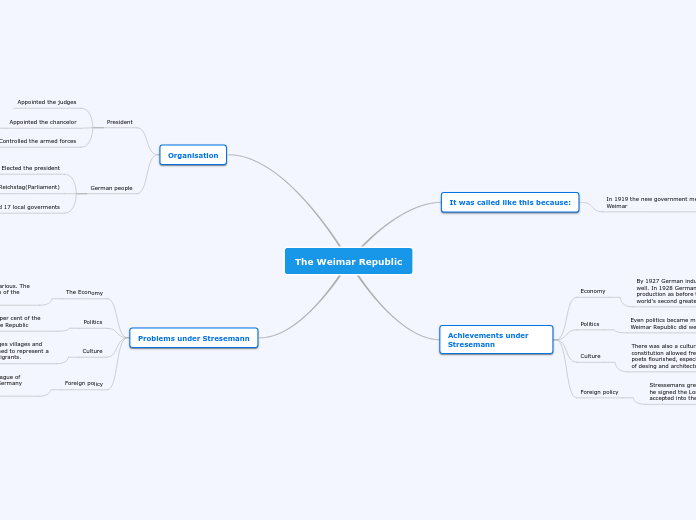da MARCO FINUCCI mancano 6 anni
1854
The Weimar Republic

da MARCO FINUCCI mancano 6 anni
1854

Più simili a questo
The Chancellor appointed the government ministers